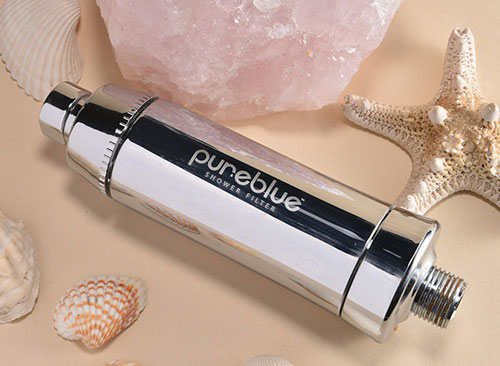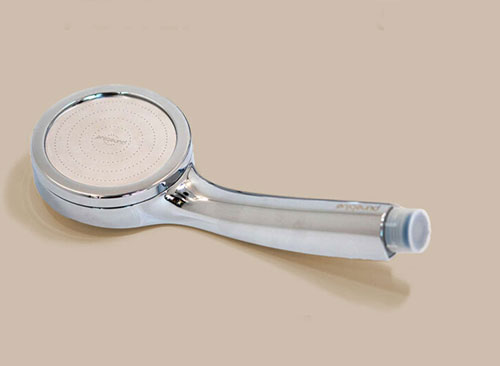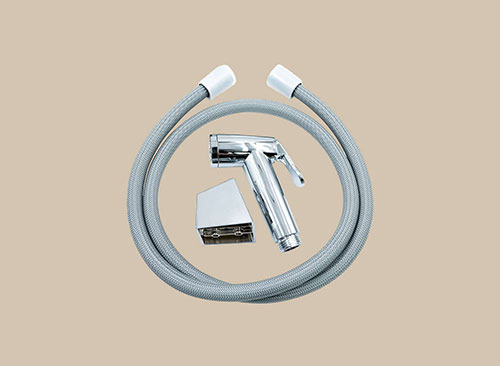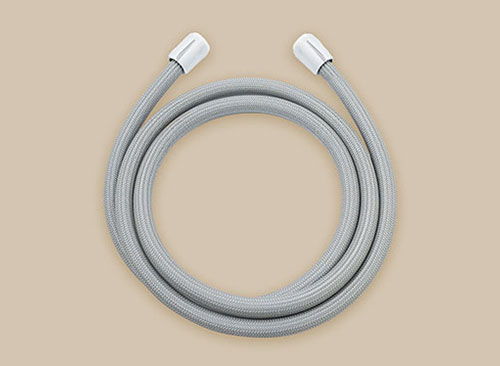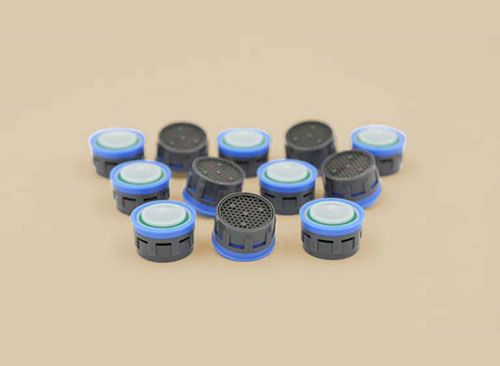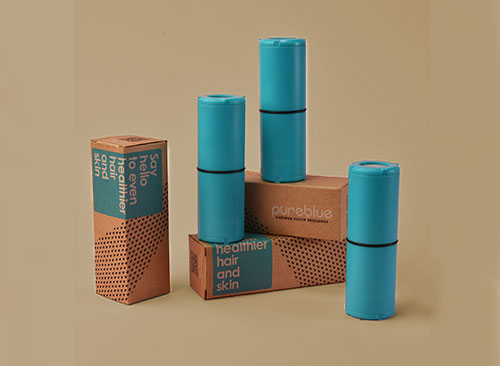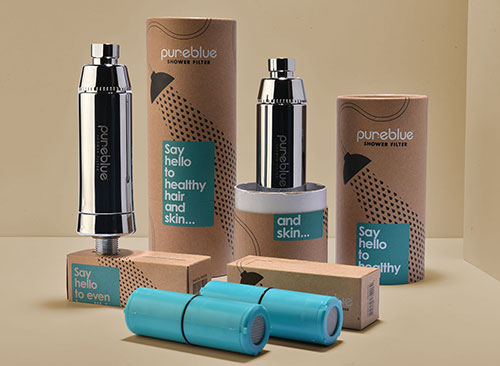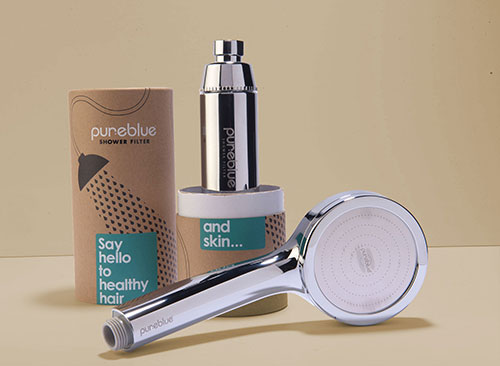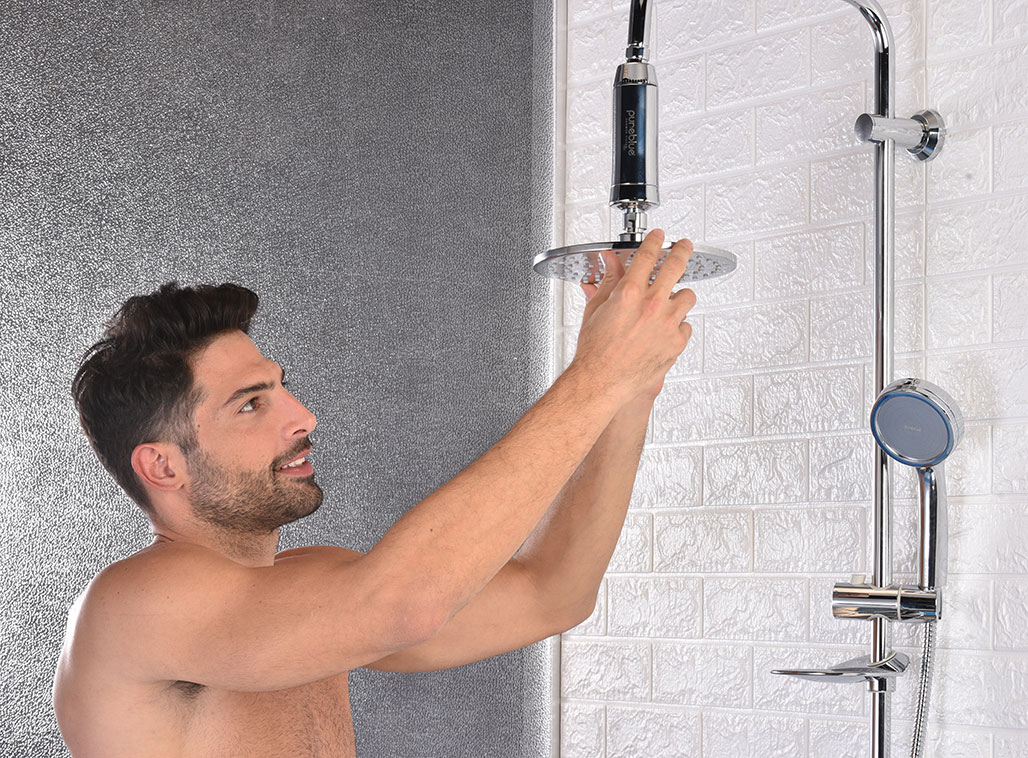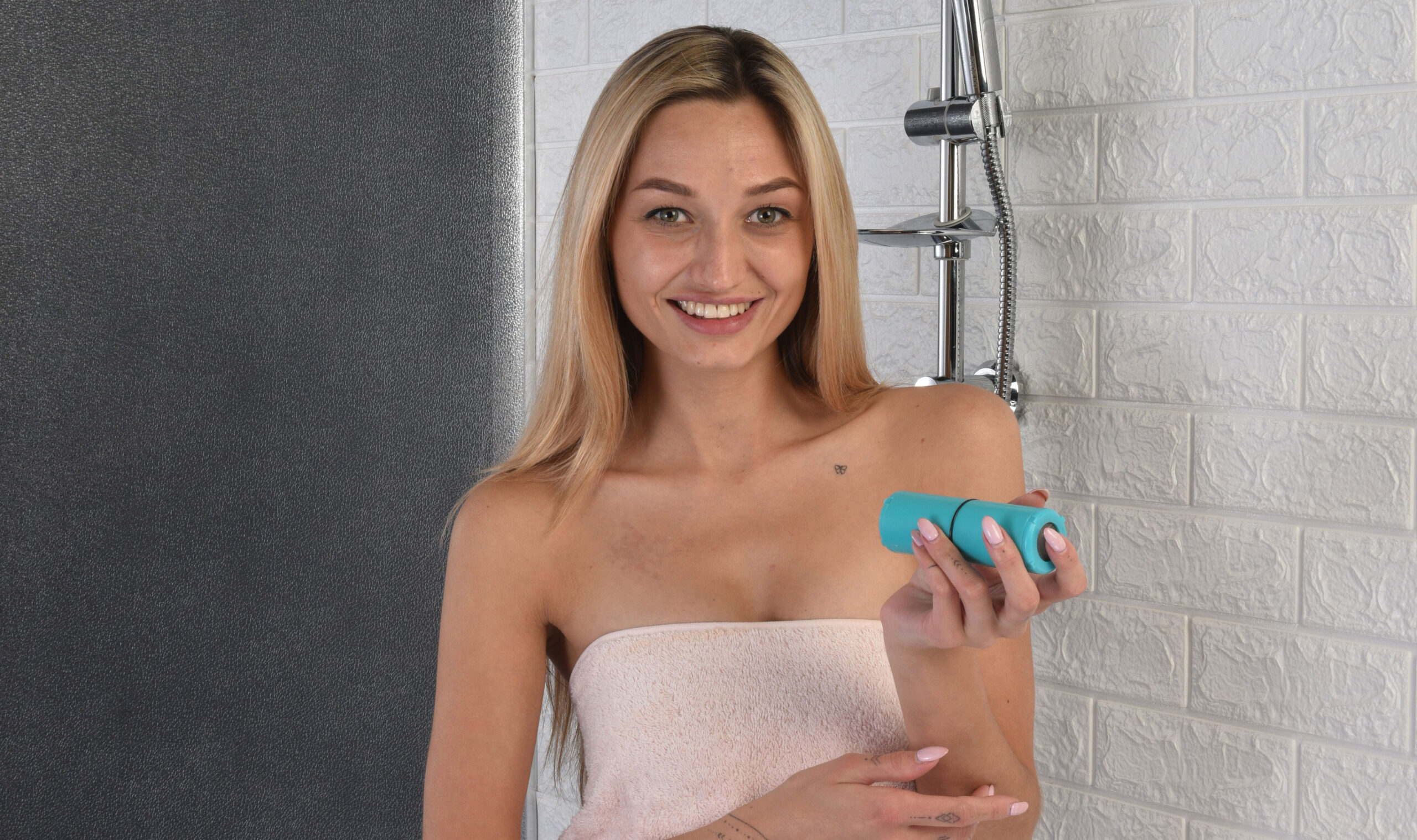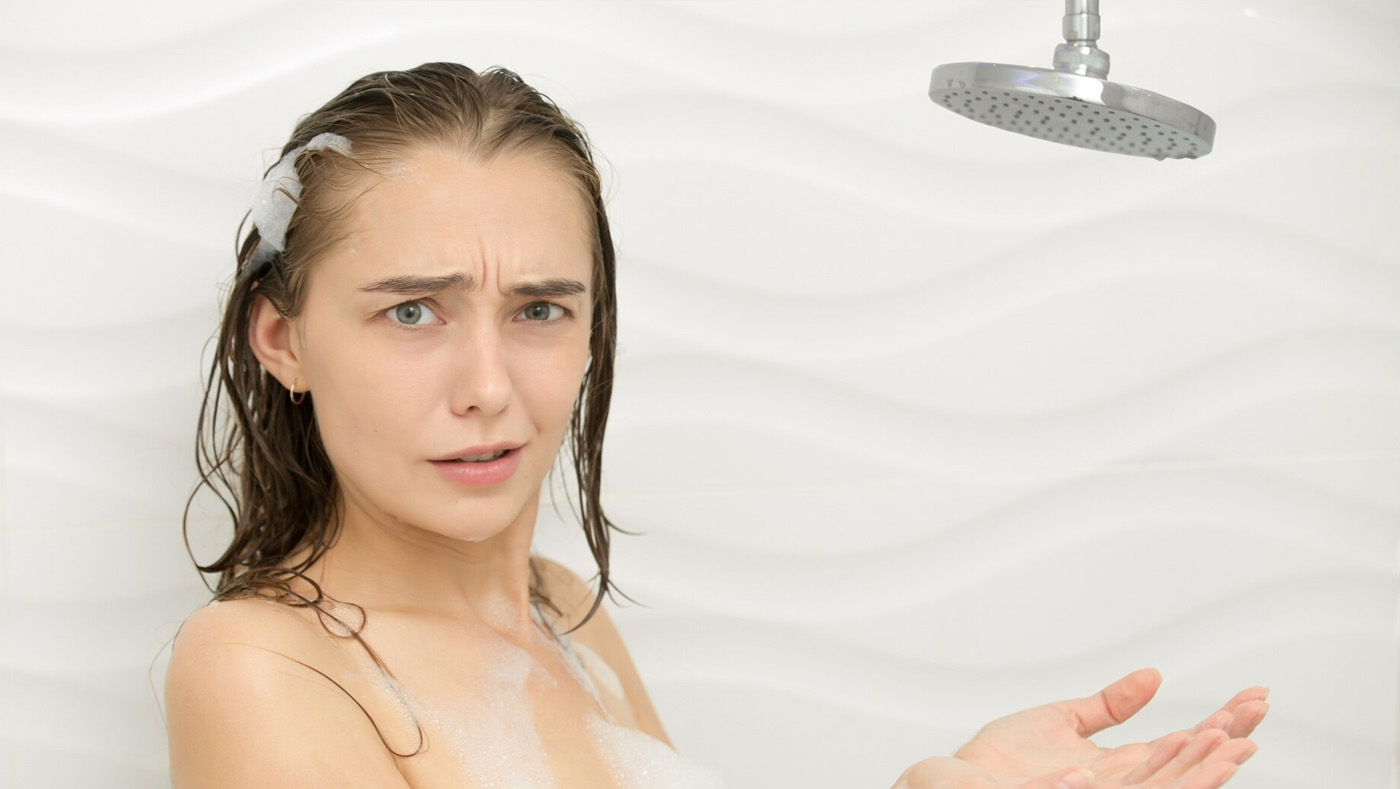Shower filters are a pretty confusing topic. Water quality matters in the measure of general health, skin health, and daily hygiene. Water quality matters in the bathing experience, heavily influencing hair texture or even longevity of plumbing fixtures. Hence, the decision to choose a soft shower filter or a hard water one can depend on the water source considered, personal priorities, and expected results. The following guide will differentiate between both types of filters and the advantages and considerations that apply to each in the decision-making process.
Differentiating between Hard Water and Soft Water
Knowledge of hard and soft waters will help you pick your water filter.
- Hard Water: It is high in minerals, for example, calcium and magnesium. Accumulation of limescale; dry skin and dull hair as effects.
- Soft Water: Has been treated to remove the excess minerals making it soft and gentle on skin and hair. It is slippery and may leave soap residue unwashed.
Signs That You Need a Hard Water Shower Filter
When you have hard water in the house, here are some things to expect:
- Dry and itchy skin and scalp: Very likely as hard water strips away the natural oils from the scalp and skin, causing irritation.
- Brittle – dull hair: Too much of excess minerals coats the hair shafts, preventing them from being enlivened and looking dead.
- Soap scum accumulation: Hard water reacts with soaps creating residue both on your skin and surfaces in bathrooms.
- Decreased lifespan of plumbed items: Deposits of limescale clog pipes and destroy shower heads.
Advantages of Hard Water Shower Filter
- A specially designed shower filter for hard water reduces or removes magnesium, calcium, and chlorine from the shower water.
- Softer skin and better hydrated hair
- Less soap scum and limescale build-up
- Made plumbing and showerheads longer-lasting.
Signs you need a shower filter for soft water
Perhaps you already have a softening system in your home, but you feel the need to install a shower filter.
Using soft water, one might observe the following:
- Excessively slippery feel after having a shower: Many people don’t prefer the slimy feeling of softened water.
- Soap residue remains on the body: Soft water does not rinse soaps as effectively as hard water.
- Possible chlorine: Even in soft water, chlorine and other contaminants can still be present.
Benefits of a Soft Water Shower Filter
You cannot get more than what a soft water shower filter does. It works more for the removal of chlorine or chemicals rather than minerals.
Here is the list of benefits:
- Healthier skin and hair from reduced exposure to chlorine
- Removal of such contaminants as heavy metals and bacteria
- Better smell and taste of water
Sign You Need a Soft Water Shower Filter
If a water conditioner system is already in the house, a special shower filter may be preferred for additional purification. Counsel that soft-water users might report:
- Too slippery after a shower: Some people disapprove of the slippery feel that soft water produces.
- Soap scum on skin: The property of soft water does not rinse soap easily as would hard water.
- Chemicals and chlorine could be potential exits: Even soft water contains chlorine and other toxins.
- The Plus of Having a Soft Water Shower Filter
A soft water shower filter is more concerned about the removal of chlorine and chemicals than that of minerals.
The main benefits are as follows:
- Healthier skin and hair due to less exposure to chlorine
- Removal of heavy metals and bacteria
- Improvement of the taste and the smell of water
- Choosing the Correct Shower Filter for Your Requirements
These are a few things to take into account before purchasing a shower filter.
- Test Your Water Hardness
Before deciding what filter to use, ascertain whether you have hard water or soft water. Either a water-testing kit can be used, or an inquiry may be made with the local water supplier.
- What Is the Main Concern?
In case you have calcium deposits or dry skin as a problem, choose a hard water shower filter having properties of removing minerals in addition to chlorine. If chlorine, chemicals, and impurities are more on your mind, the fine soft water shower filter purifies these concerns.
- What About Filter Technology?
Shower filters come with different filtration media, such as:
- KDF (Kinetic Degradation Fluxion) – Works against chlorine and heavy metals.
- Vitamin C Filters – Discharge chlorine and enhance skin health.
- Activated Carbon – Eliminates impurities from water.
- Ion Exchange Resins – Lessening the hardness of water by reducing calcium and magnesium levels.
What Kind of Filter Lives Long and Requires a Little Attention?
The difference in kinds of filters necessitates that they be maintained and replaced periodically. You should choose a filter resonating with your lifestyle as well as actually being capable of recommending it.
Conclusion
Above all, the choice of a shower filter between hard and soft water depends largely on the quality of water and personal taste. The hard water shower filter is suitable for those who suffer from skin dryness, hair problems, and limescale buildup. Conversely, soft water shower filters reduce the chemical constituents and purity of the water. Get those quality filters after test-running your water and analyzing what it is that you’d want for a good shower experience.







